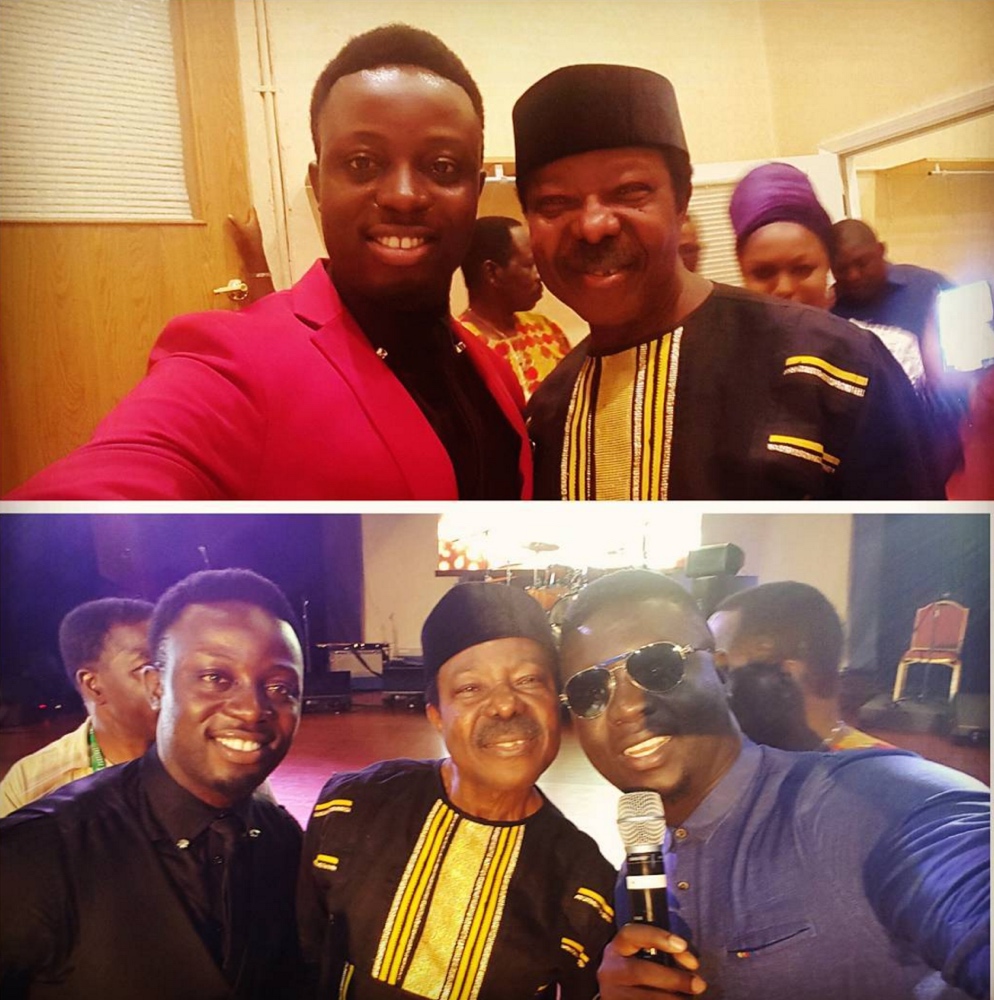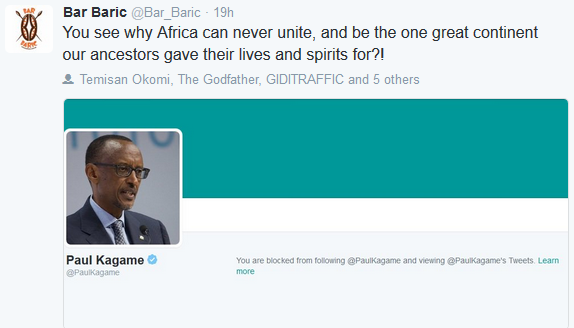'I handed over the best Nigerian government to Buhari' - GEJ says
In a recent statement, former president Jonathan said he handed over the
best Nigerian government, and the largest economy in Africa to
president Buhari. Read other things he said after the cut...
“I took over a Nigeria that was the second largest economy in Africa
with a GDP of $270.5 billion in 2009, I handed over a Nigeria that had
grown to become the largest economy in Africa and the 24th largest
economy in the World, with a GDP of $574 billion.
I inherited a Nigeria in which the trains were not working, and
handed over a Nigeria in which citizens can safely travel by trains
again.
I inherited a Nigeria that was a net importer of cement, and handed over a Nigeria that is a net exporter of cement.
In 2009, the richest Nigerian was the 5th richest man in Africa, but
I handed over a Nigeria that produced the richest man in Africa.
The former President stated that democracy will continue to grow in
the African continent if leaders value the process of elections more
than the product of the process.
Even in the 2015 general elections in my country, Nigeria,
there was potential for major crisis if I was not a President duly
elected by the will of the people.
The campaigns leading to the elections almost polarized the country
into Christian vs Muslims and North vs South divide. Most World leaders
were worried that our elections will result into major crisis.
Some pundits even from here in the United States said that those
elections would spell the end of Nigeria and that we would cease to
exist as a nation because of the polls.
That is where the leadership question comes into play. As a leader
that was duly elected by the people, I considered the people’s interest
first.
How do I manage my people to avoid killings and destruction of properties?
With the interest of the people propelling all the decisions I took, we were able to sail through.
Indeed, we sail through because I refused to interfere with the
independence of the Independent National Electoral Commission, INEC,
having appointed a man I had never met in my life to run it.
My philosophy was simple. For elections to be credible, I as a
leader, must value the process more than the product of the process. And
the citizens must have confidence in the electoral body”.
 🔝
🔝 ''
''















